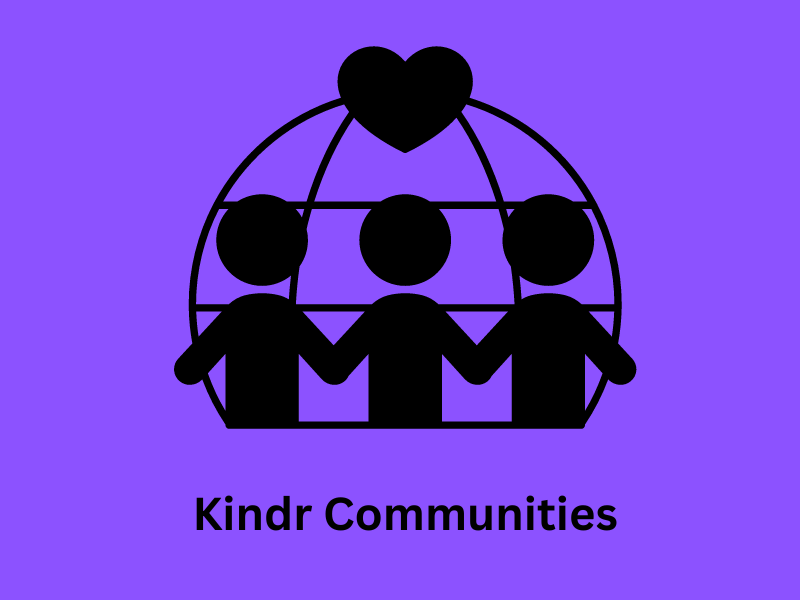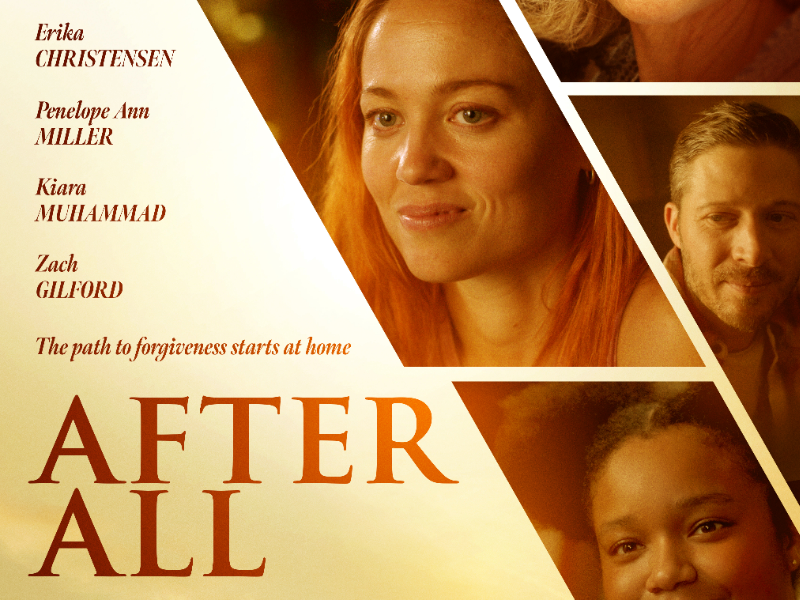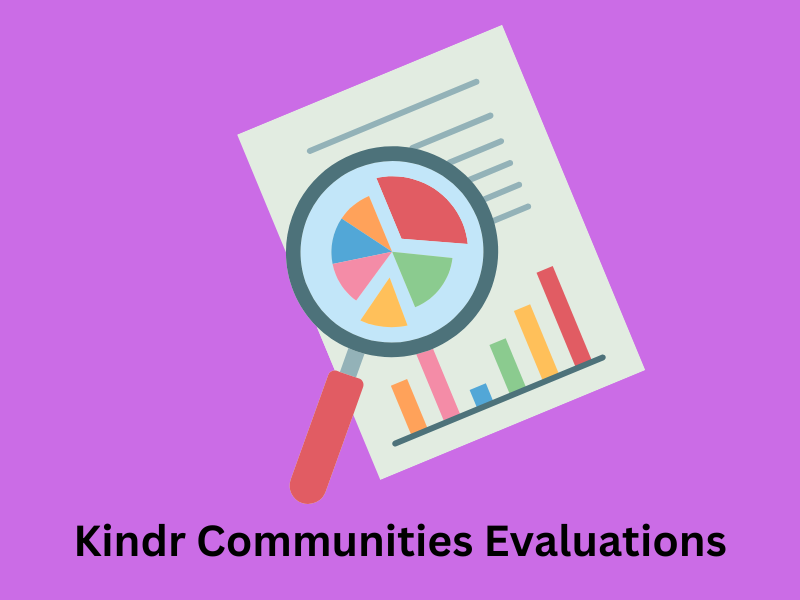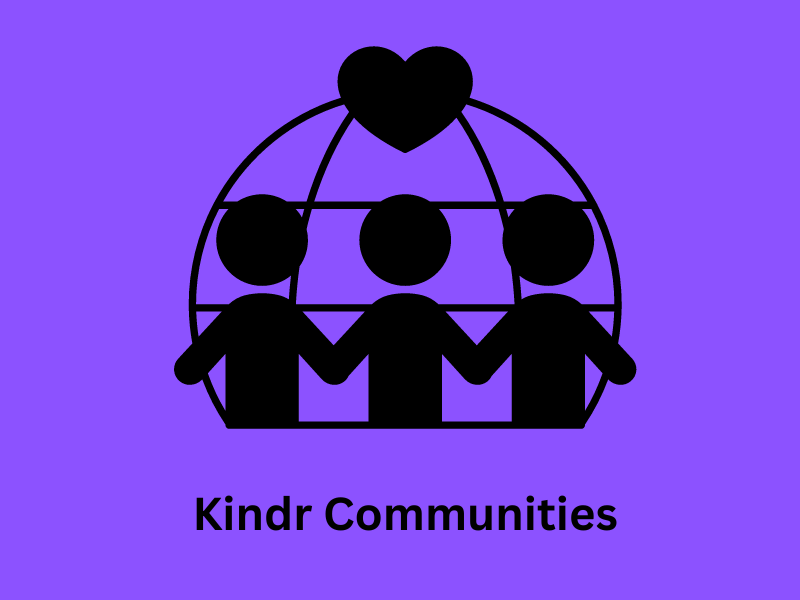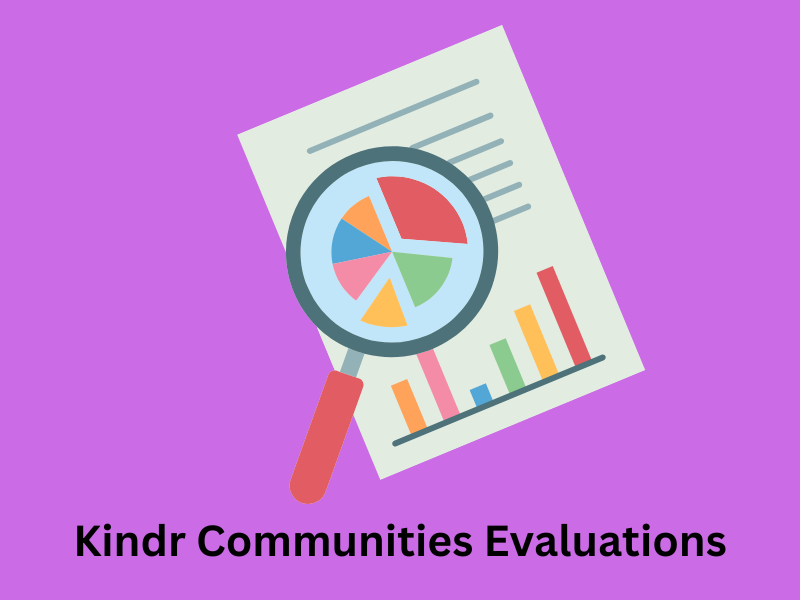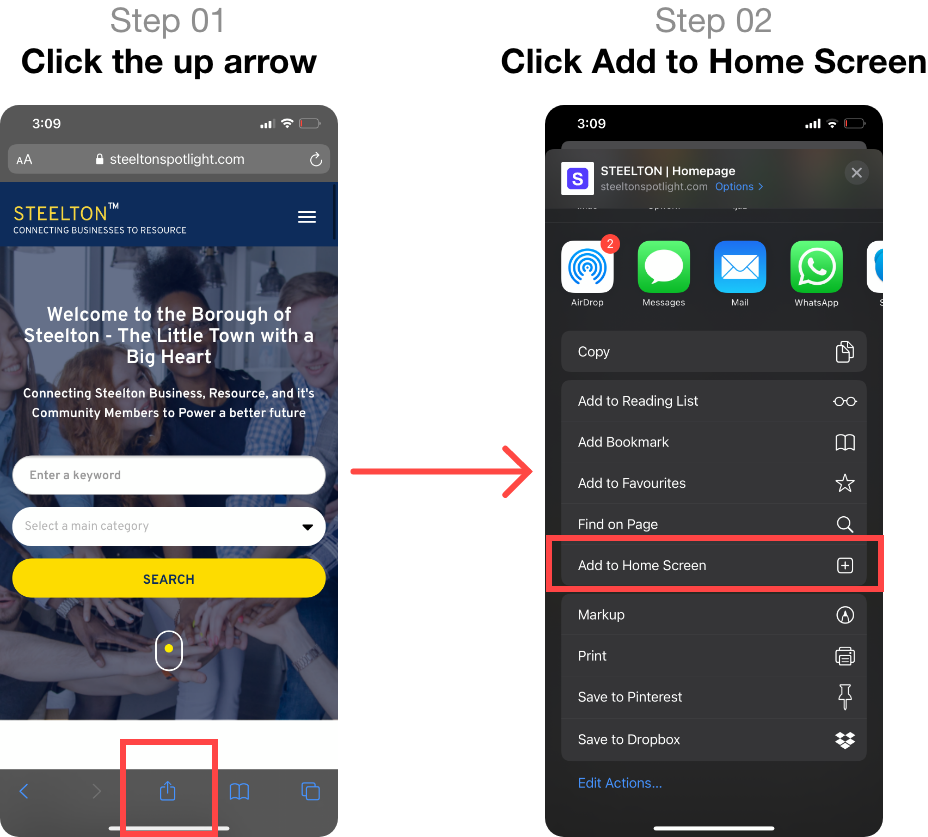
Helping children become more 'kind'ful
Helping children become more 'kind'ful
by Doug Carnine
〰️This was originally published on April 15, 2022, in the Opinion section of The Register-Guard of Eugene, Oregon.〰️
A lack of kindness changes lives.
Commenting on the recent doubling of Lane County youth suicides, suicide survivor Zak Gosa-Lewis told KEZI, "As a kid, I just didn't feel like I could talk to anybody.”
The Eugene-based Choose Kindness Foundation surveyed a group of 50 young people of color with a history of trauma about how they would like to change their lives; 88.9% agreed with this statement: “I feel I need more close relationships with people who really care about me.”
In March, the Oregon Health Authority described youth of color in particular as suffering from increased stress, depression and self-hate, all of which stand in the way of kindness. From science, personal experience and the teachings of the world’s religions, we know that kindness is essential for the close caring relationships that bring us happiness and that can keep us from self-harm.
The majority of CKF’s $1.4 million first-year budget supported programs for youth of color and other at-risk youth to reduce their stress and increase their kindness. The first CKF evaluation of its mindful-kindness program involved Latinx students in Eugene, Indigenous youth in Southern Oregon and African American youth attending the New Beginning alternative high school in Florida. The youth reported a significant drop in stress.
In Florida, CKF is training personnel in an array of social service organizations to lead CKF-designed mindful-kindness group sessions. More than 80% of the 800 youth in these groups face the everyday stresses of racism and poverty. In addition, they come from a range of stress-inducing situations:
- Forced out or dropping out of school
- Growing up in foster care programs
- Food, housing and employment insecurities
- Being victims of human trafficking
- Overcoming barriers to go to college
- Under supervised probation or parole
- Heading toward gang involvement, gun violence or teen pregnancy
“Because I’m African American I could only do certain stuff because my family was scared I would get hurt,” says Christine, a participant in a Florida group. “I had this mindset that I had to be cautious, especially when I was going to school when I was little. My mom would tell me don’t say anything you’re not supposed to. That type of mindset has an impact on how you see things and how you go into life. Take it from me that’s a horrible, miserable life.”
She noted that participating in the group helped her see she doesn’t have to see life that way, that she can be nicer without getting hurt.
CKF also funds kindness programs in schools, so far reaching 43,000 students in 79 schools (15 grants went to local schools), as well as four urban school districts. Two of those districts — San Antonio, Texas, and Philadelphia — have decided to invest district funds to massively expand kindness programs throughout the districts. Small rural schools are also benefiting, according to school counselor Megan Busby. She says, “Our students and faculty are constantly promoting kindness and prompting others to be kind. It’s become a way for us to identify ourselves.”
CKF challenges youth to go beyond healing themselves and start teaching others about the importance of kindness. For example, five Florida students who participated in the CKFpilot project last spring asked if they could join another group in the fall and several of them volunteered to be the teacher by leading a group session. One of those volunteer leaders, who did a terrific job teaching, is a young man named Nathan. Nathan had been through 54 foster home placements before joining the pilot group! He has accepted CKF’s challenge to teach others about the importance of mindful kindness.
A “group mate” of Nathan’s wrote, “I learned that I need to allow myself to be vulnerable so that I can break from this negative cycle I have plunged myself into. By doing so, I can better express myself, help lower all negative self-talk and thoughts and finally be able to love myself so I can show kindfulness to others.”

